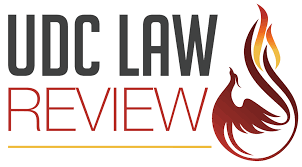
Abstract
Lobbying is a powerful tool that allows interest groups to influence lawmakers and shape policy decisions. However, the ability to effectively lobby is not evenly distributed among stakeholders. Generally, private businesses face minimal restrictions on lobbying while tax-exempt organizations, particularly non-profits advocating for environmental policies, operate under strict federal limitations on lobbying activities and expenditures. This structural disparity has created an uneven playing field where corporate interests, such as the fossil fuel industry, wield disproportionate influence over climate policy. As a result, climate-friendly legislation often struggles to gain traction despite the public’s growing concern over environmental issues.
This note examines how lobbying restrictions on tax-exempt organizations contributes to the fossil fuel industry’s dominance in lobbying which results in the suppression of climate protections and policies that if passed would have a positive impact on the climate change crisis. Further, this note provides recommendations for environmental non-profits navigating these issues, provides suggestions for Congressional regulatory reform, and calls for the Internal Revenue Service (IRS) to create a more balanced lobbying landscape.
Recommended Citation
Natalia Akopian,
Lobbying for Our Lives: A Comprehensive Analysis of the Impact of Restrictive Non-Profit Lobbying Rules on the Progression of Climate Change Legislation,
28
U.D.C. L. Rev.
(2025).
Available at:
https://digitalcommons.law.udc.edu/udclr/vol28/iss1/11

